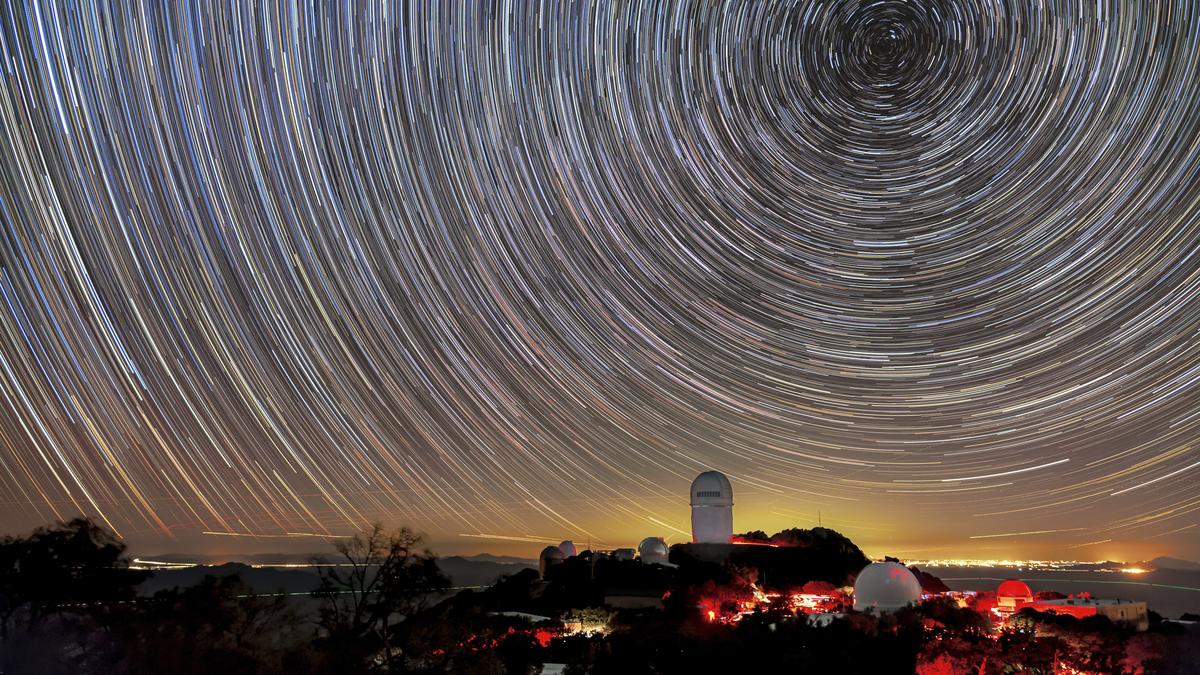
How will the universe end? A changing understanding of dark energy may provide a new answer
The Hindu
Scientists are homing in on the nature of a mysterious force called dark energy, that makes up nearly 70% of the universe and pushing all the stars and galaxies away from each other at an ever faster rate
Scientists are homing in on the nature of a mysterious force called dark energy, and nothing short of the fate of the universe hangs in the balance.
The force is enormous — it makes up nearly 70% of the universe. And it is powerful — it is pushing all the stars and galaxies away from each other at an ever faster rate.
And now scientists are getting a little closer to understanding how it behaves. The big question is whether this dark energy is a constant force, which scientists have long thought, or whether the force is weakening, a surprising wrinkle tentatively proposed in 2024.
Results presented at a meeting of the American Physical Society on Wednesday (March 19, 2025) bolster the case that the force is weakening, though scientists are not yet certain and they still haven’t worked out what this means for the rest of their understanding of the universe.
The updated findings come from an international research collaboration that is creating a three-dimensional map to see how galaxies have spread and clustered over 11 billion years of the universe’s history. Carefully tracking how galaxies move helps scientists learn about the forces that are moving them around.
Called the Dark Energy Spectroscopic Instrument, the collaboration released its first analysis of 6 million galaxies and quasars last year and has now added more data, bringing the count to nearly 15 million. Their updated results, taken with other measurements — exploding stars, leftover light from the young universe and distortions in galaxy shape — support the idea presented last year that dark energy may be waning.
“It’s moving from a really surprising finding to almost a moment where we have to throw out how we’ve thought about cosmology and start over,” said Bhuvnesh Jain, a cosmologist with the University of Pennsylvania who was not involved with the research.

 Run 3 Space | Play Space Running Game
Run 3 Space | Play Space Running Game Traffic Jam 3D | Online Racing Game
Traffic Jam 3D | Online Racing Game Duck Hunt | Play Old Classic Game
Duck Hunt | Play Old Classic Game